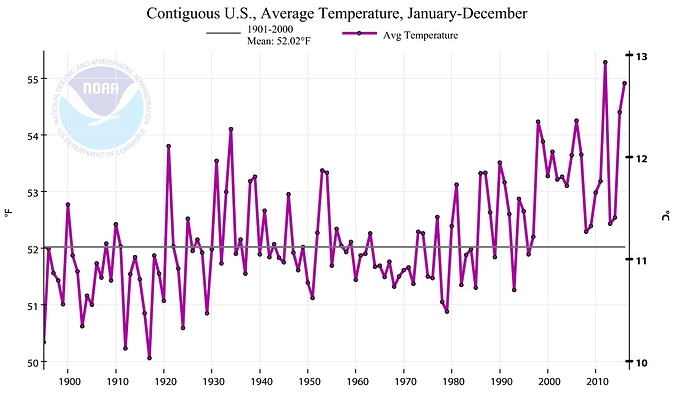Gracias Juanjoo,
Por aportar otro punto de vista, y tras echar un vistazo rápido a la web de la empresa.
a) Es una empresa relativamente pequeña, al menos comparada con el tipo de empresas más populares por estos lares. Capitaliza menos de 6,000 millones de USD. No es malo per se, simplemente algo a tener en cuenta.
b) Su negocio de electricidad es muy pequeño. Veo en su web que abastecen de electricidad a 62,000 clientes. No, no me falta ningún cero.
c) Del enlace con la última presentación de resultados que incluye Juanjo veo (si lo interpreto bien) que de los 1.17 USD de adjusted EPS en el Q1 de 2020, 0.43 proceden de Amerigas y otros 0.34 de UGI International. Es decir, un 65% del beneficio proviene del negocio de distribución de propano.
d) Morningstar no tiene en seguimiento a UGI. Los valores de 42 USD como fair value, foso estrecho son cuantitativos y como tales los tomaría con mayor precaución. M* si tenía en seguimiento a AmeriGas antes de su adquisición por UGI, desafortunadamente nunca leí nada acerca de ella y ahora, hasta donde yo sé, no se puede acceder al histórico de APU.
e) Morningstar sí tiene en seguimiento a Suburban Propane Partners, una empresa comparable a AmeriGas, y dado que el 65% del beneficio de UGI proviene de AmeriGas y de sus filiales de propano en el resto del mundo no está de más leer el análisis de M* de SPH.
M* sobre Suburban Propane Partners LP (SPH). La negrita es mía.
Suburban Propane’s lack of an economic moat is the product of industry dynamics, low natural gas prices, and the company’s need to acquire businesses to offset organic volume declines. We view the outlook for Suburban’s business negatively. We forecast low natural gas prices in our long-term outlook, which we believe will continue to pressure the company’s core business.
High propane prices relative to alternatives such as electricity and natural gas could speed propane usage declines as gas infrastructure spreads. Suburban’s leverage over customers should support per-unit margins that help to offset usage declines. The propane industry remains fragmented–the major players control roughly 25% of the market, leaving room for growth by acquisition.
However, greater size will mean it takes bigger deals to move the needle. Management has continued to pursue growth through acquisitions. We continue to expect management to seek add-on acquisitions, however, replacing volumes may become harder as attractive acquisition targets become more difficult to identify.
Economic Moat
We don’t assign Suburban Propane a moat. Suburban is an unregulated supplier of propane to mostly rural customers and businesses with limited access to natural gas. Propane customers are not protected from volatile propane prices, with customers paying the current market rate upon propane delivery. Suburban benefits from switching costs to an alternative propane supplier. Propane distributors own large storage tanks on customers’ properties, and the hassle and fee involved with the process discourages customers from switching.
However, it does not prevent a natural gas distribution utility from encroaching on Suburban’s core business. In the environment of cheap natural gas, natural gas utilities have been able to undertake significant capital programs with minimal consumer bill impact. Part of these programs have been to expand natural gas infrastructure into areas historically served by propane. Volatile propane prices are making the economic benefit of this switch more attractive for both consumers and regulators.
We forecast continued declines in organic propane volumes. While Suburban Propane will need little invested capital to maintain its current asset base, thus boosting returns on invested capital, we don’t believe this is a sustainable strategy. To offset declining volumes, Suburban will need to continue to acquire smaller firms and drive efficiencies across the combined operations. Management risks overpaying for acquisitions, and the pipeline of attractive acquisition candidates continues to dwindle.
Suburban is also not immune from unfavorable weather conditions. Weather volatility led to volatility in Suburban’s returns on invested capital, which were below its weighted average cost of capital in 2016 and 2017 after accounting for goodwill. Management is limited in the amount of efficiencies it can drive out of the business during periods of unfavorable weather.
En resumen, para mí, más que una Utility al uso es una comercializadora/distribuidora de propano, usado principalmente en áreas rurales para calefacción / agua caliente. Sus beneficios pueden ser muy dependientes del tiempo, inviernos cálidos no le van a venir bien. Además, M* considera que el consumo de propano continuará su tendencia bajista.
Creo que me mantendré al margen. Agradecédmelo porque con toda seguridad será vuestra mejor posición por Total Return en los próximos años. 
Saludos





